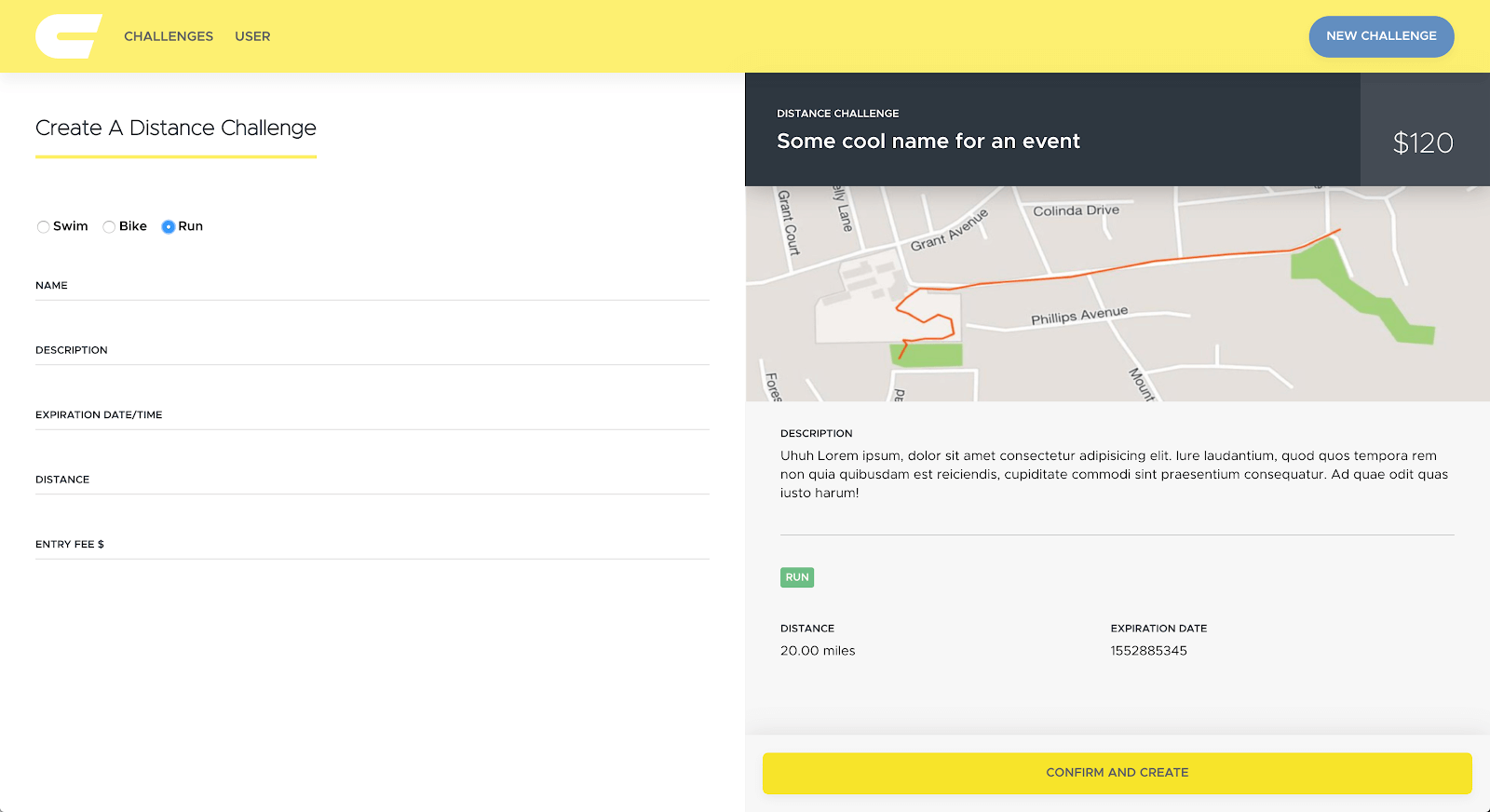The Winning Projects from the ETHDenver Hackathon
The Chainlink team was excited to attend the February 2019 ETHDenver Hackathon. In addition to awarding prizes to the top projects using Chainlink on the Ethereum blockchain, Sergey Nazarov participated in a panel discussion about “Oracles and Data for Dapps” and Integration Engineer Thomas Hodges gave a developer workshop on how to “Build Smart Contracts that Connect to Real-World Data, Events & APIs.”
Hackathon participants had 36 hours to build the best working blockchain application possible. Chainlink awarded three prizes: $2,500 for the most compelling and ready-to-run prototype of Chainlink, $1,500 for the most creative application of Chainlink, and a $1,000 judge’s choice reward. Given the plethora of possible applications to connect on-chain smart contracts to off-chain resources, the participants showcased a variety of decentralized concepts from financial derivatives to athletic competitions to public events planning.
Judge’s Choice: Smart Piggies
SmartPiggies, a three-man team consisting of Michael Arief, Toby Algya, and Alex Lee earned the judge’s choice award. SmartPiggies proposes an open-source standard for a peer-to-peer global options market. An options contract is a simple financial agreement between a buyer and seller that gives the purchaser, for a premium, an option to buy an asset at a particular price before its agreed-upon maturity date.
Due to counterparty trust issues, options contracts are normally only offered by investment banks and have high barriers to entry. SmartPiggies uses decentralized infrastructure to open up the market for anyone around the world to buy and sell options contracts. According to the team, “SmartPiggies offer buyers protection against undesirable changes in the price of any asset, product, or service.” It also allows sellers willing to take on the risk the opportunity to earn a premium by selling options contracts (SmartPiggies) to the market.
The owner may exercise the option anytime they want, but once the SmartPiggy reaches maturity, then either party may settle it. SmartPiggies uses Chainlink oracles to reference price data of the underlying asset at the time of settlement. The data is used to trigger a state change in ownership rights to the funds. “These SmartPiggies are minimally exposed to the real world (off-chain), the only thing that matters is that there is an off-chain price that you can get through Chainlink. Having a company that’s dedicated to doing that one thing well and in the most secure way that they can do it, makes it extremely easy for people developing smart contracts.”
Second Place: Gran Fondo
Taking second place was Gran Fondo, a four-member team of Ron Gierlach, Aaron Biser, Greg Prouty, and Chris Walker. Gran Fondo is a Dapp that promotes athletic excellence through decentralized athletic competitions. It enables athletic participants to create smart contracts based on performance objectives. Athletes wanting to participate stake ETH and then compete amongst each other for the ETH prizes based on completion of the stated objectives.
It takes advantage of Strava, a social fitness-tracking platform for running and cycling, to track a user’s performance combining GPS time-stamped data and optional IoT wearables. The Gran Fondo Dapp “makes it simple to create or join a fitness challenge, view competitors, and claim your rewards if, and only if, the Strava API proves that you have earned them.”

According to the team, “We compare the athletes’ data that we get from the Strava API against what conditions are necessary to satisfy the contracted challenge.” While the on-chain smart contract holds the conditions of the challenge, “most of the processing is done off-chain to reduce the on-chain bandwidth and costs.” Chainlink oracles feed the off-chain data to the on-chain contract to trigger the release of funds to the winners. Being avid runners and cyclists themselves, the team sees Gran Fondo as one of the best methods currently to facilitate decentralized athletic competitions based off of trustworthy performance and reliable payouts.
First Place: EventLINK
Finally, receiving the coveted first place honors was EventLINK, a four-person team composed of Max Seesing, Henry Nguyen, Connor Maloney, and Sharon Manrique-Jimenez. They found that one of the challenges with planning public events is that organizers have a hard time determining optimal locations. Currently, gathering metrics on crowd interest is reduced to “rough assumptions.” EventLINK solves this problem by using Twitter APIs, smart contracts, and staking mechanisms to “harness the power of the crowd.”
Utilizing a two-step process, EventLINK finds the cities most likely to fund a crowd-sourced event by using Twitter API metrics such as retweets with GPS location data to filter the field down to a certain threshold. Once there is a refined selection of available cities, crowdfunding smart contracts can be offered to each city in an almost competition-like structure to see who can raise the most money or who can raise a predefined amount of funding the fastest. Ultimately, the event organizer can define the terms of the smart contract.
Using Chainlink oracles, the event organizer can claim their stake by verifying their identity on Keybase, a widely used identity service that lets you prove your identity by harnessing cryptographic signatures. The crowd can now trust that the funds in the smart contract will be released only to the event organizer upon delivery of the Keybase data from Chainlink oracles. The team stated that “A decentralized oracle network is perfect for ensuring the trust is dispersed amongst a sea of node operators vs. a central operator that corroborates the signatures.”
The team sees a ton of potential in such applications, saying “This crowdfund solution reduces much of the overhead/middleman involvement of bringing an event to a city. Selling a ticket could be guaranteed and marketing departments may have much of their efforts cut out for them since the funding will already have been secured.”
All three hackathon winners demonstrated how Chainlink oracles can trigger state changes in the blockchain. We believe automated smart contract execution using Chainlink oracles will enable the performance of complex operations based on real-world events. It’s not a futuristic concept, but ready for developers to implement today.
